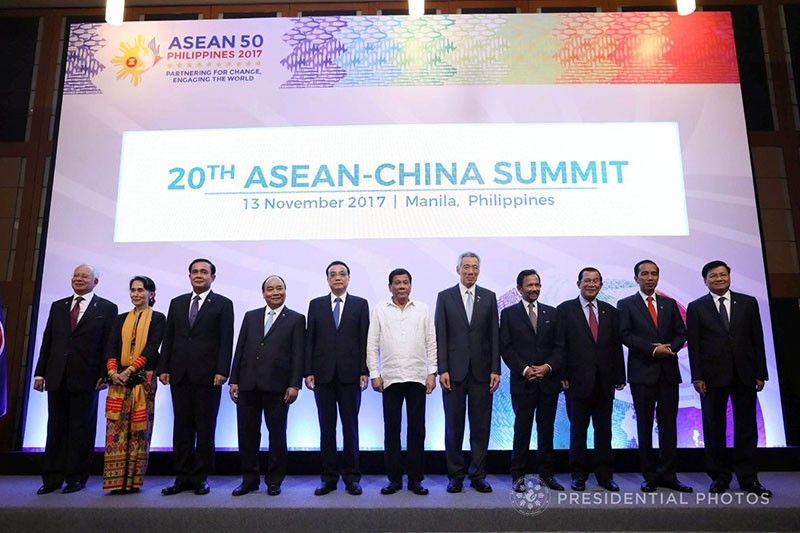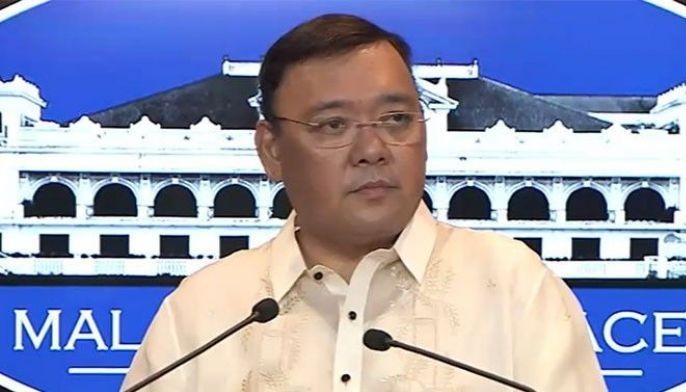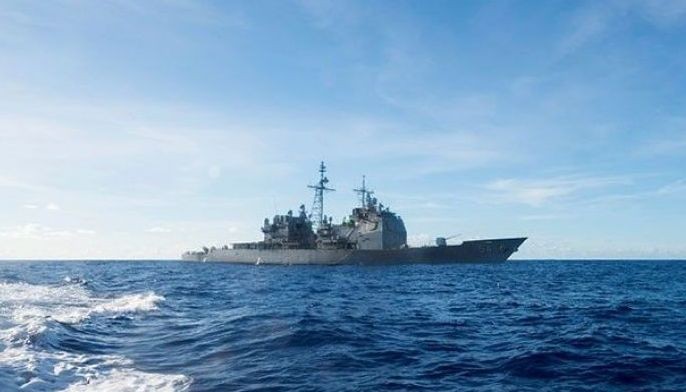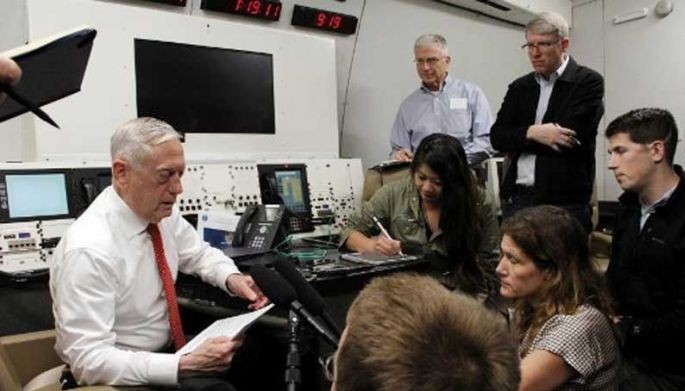ASEAN, China sea code talks no longer practical — professor

MANILA, Philippines (Updated 6:17 p.m.) — Settling the South China Sea dispute through negotiations between China and the Association of Southeast Asian Nations (ASEAN) is no longer be practical, a University of the Philippines professor said.
Aileen Baviera, who has a doctorate in Political Science and who is also president and CEO of Asia Pacific Pathways to Progress Foundation Inc., said that she would prefer a "minilateral" mechanism instead of including all of ASEAN in negotiations of the Code of Conduct in the South China Sea.
According to the website of the UP Asian Center, where Baviera is a member of the faculty, she conducts research on contemporary China studies, China-Southeast Asia relations, Asia-Pacific security, territorial and maritime disputes, and on regional integration.
"ASEAN is very important for certain issues still, but how does the ASEAN look at the South China Sea? Is it a China-ASEAN issue, maybe as far as ASEAN is concerned," Baviera said in a roundtable discussion in Pasig City.
She noted that the maritime dispute only concerns China and a number of ASEAN member-states.
Negotiations on a legally-binding code of conduct have been in the works since the mid-1990s but very little progress has been made even with the 2002 Declaration of Conduct of Parties in the South China Sea (DOC), Baviera said.
Since then, the environment in the region has changed and the issues that the countries have been trying to resolve through the code are no longer the primary security concerns in the South China Sea.
'China watching US, not ASEAN'
"China's problem is the US and ASEAN finds itself caught between these two big players and yet they persist," Baviera said.
Baviera also said that major stakeholders should be able to communicate to their governments to adjust the discussions based on new geopolitics in the region.
"Everything that China does in the South China Sea is directed by its perceptions of what the United States is doing... It's no longer practical to keep doing the same things, things that have been already proven to have failed in the past," the professor said.
"I agree that it's the failure of multilateralism and weakness of the architecture that poses these problems," she added.
While China and the ASEAN are conducting negotiations on the COC, Beijing and Manila are also holding a bilateral consultative mechanism on the South China Sea.
The Philippine government has opted to set aside the July 2016 arbitral ruling on the South China Sea as China prefers to settle the issue bilaterally.
Baviera's comments that the South China Sea issue is between Beijing and Washington echoes the position of the Duterte administration.
Just last month, Malacañang said that the Philippines will not meddle with Beijing's militarization of man-made islands in the disputed waters as it is an issue between China and the US.
"The president has repeatedly said that is an issue between the two countries. We cannot get involved in that issue but, of course, we are concerned because we use that waterway for our trade," presidential spokesperson Harry Roque said in Filipino.
'China's lake'
Ben Schreer, a professor at Macquarie University in Australia, on the other hand, lamented how China has continued to turn the South China Sea into its "lake".
"It has continued to resort to illegal, unreported, unregulated fishing. It has continued to harass Philippine fishermen, Vietnamese fishermen, Taiwanese fishermen.It has continued to challenge transit of military aircrafts, and vessels in what it calls security alert zones. And it has continued to militarized islands," he said.
He added that the world should view the dispute in the South China Sea as an “integrated maritime theater” that is related to other parts of Asia.
“We should not make the mistake of seeing South China Sea as a single theater rather as an integrated maritime theater that connects Taiwan with northeast Asia and it connects South China Sea to the Indian Ocean. China needs control of the South China Sea not just because it’s the South China Sea and it has territorial claims there but for the single fact of sheer power projection,” Schreer said.
Despite President Rodrigo Duterte opting for closer ties with China, the dispute has caused tension between the two countries, with the latest incident being members of the Chinese Coast Guard taking some of the catch of Filipino fishermen in the Panatag or Scarborough Shoal.
The Palace has played down the incident, likening it to a barter trade, a term the president himself has used for the incident. — with Christian de Lano Deiparine
- Latest
- Trending


































